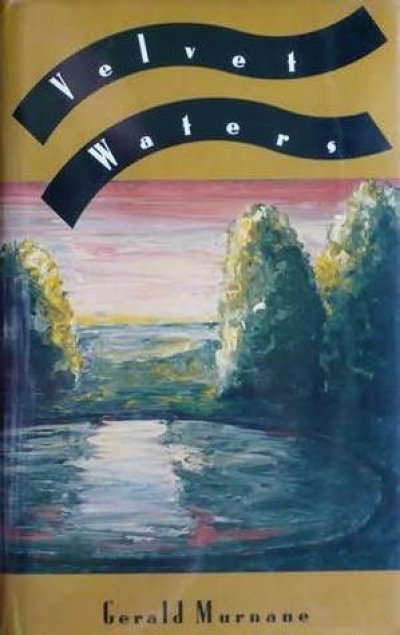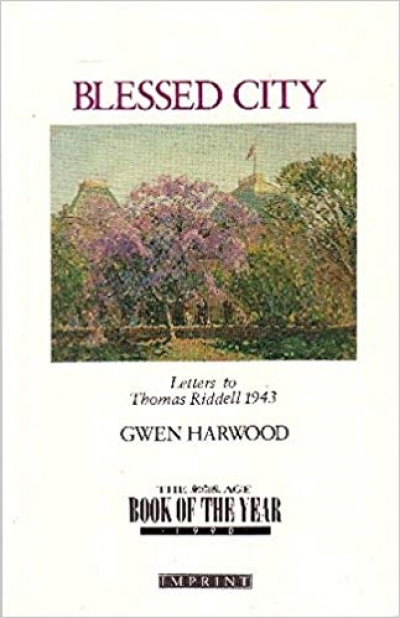Accessibility Tools
- Content scaling 100%
- Font size 100%
- Line height 100%
- Letter spacing 100%
Archive
Terri-Ann White reviews 'Trouble in Lotus Land' by Charmian Clift, 'The Devious Being' by Betty Roland, and 'Eat My Words' by Marion Halligan
The task of reading these three books together provided more than I was anticipating. Their perspectives of decades of Australian society and writing practices cover the past, the personal and the politics. The writers come from three different generations (born 1903, 1923, 1940), and represent particular writing intentions or schools, certainly different genres. The connecting thread, probably the only one, is that each of the books is written form such a particularised stance. Each is written in the first person, and flirts to varying degrees with the confessional mode. The tensions between restraint and letting it all hang out, what gets said and what comes out in the not-saying, interested me.
... (read more)I met Patrick White first in 1965. Reduced to 1.9s.6d, he was lying, in an American edition of Riders in the Chariot, on a sale table at Finney Isles department store in Brisbane. So much has changed. Today, we would talk of remainders; the shop has been taken over by David Jones which has in turn been taken over by Adelaide Steamship which later bought up Grace Bros; prices are now given in dollar and cents.
... (read more)Alex Miller was recently awarded the Braille Book of the Year Award for his novel The Tivington Nott. When he accepted this award, he spoke of the archaeology of writing and how he sees his work as being like a buried city, waiting to be excavated. This is an edited extract from his speech.
Writers and readers, it seems to me, are often driven by a need to confess. Everything. Not just sins. But the lot. To confess in the original secular sense of this word; to utter, to declare (ourselves, that is), to disclose and uncover what lies hidden within us. If I’d not been a writer, I used to think I’d like to have been an archaeologist. It’s only recently I’ve located the connection between writing fiction and archaeology. Historians and biographers are probably just as confessional in their work as writers of declared fictions. But they are undoubtedly able to more easily disguise this because they are accountable to the objective – to outcrops of unrelocatable facts along the way, that is.
... (read more)Writers and readers, it seems to me, are often driven by a need to confess. Everything. Not just sins. But the lot. To confess in the original secular sense of this word; to utter, to declare (ourselves, that is), to disclose and uncover what lies hidden within us. If I’d not been a writer, I used to think I’d like to have been an archaeologist. It’s only recently I’ve located the connection between writing fiction and archaeology. Historians and biographers are probably just as confessional in their work as writers of declared fictions. But they are undoubtedly able to more easily disguise this because they are accountable to the objective – to outcrops of unrelocatable facts along the way, that is.
... (read more)








